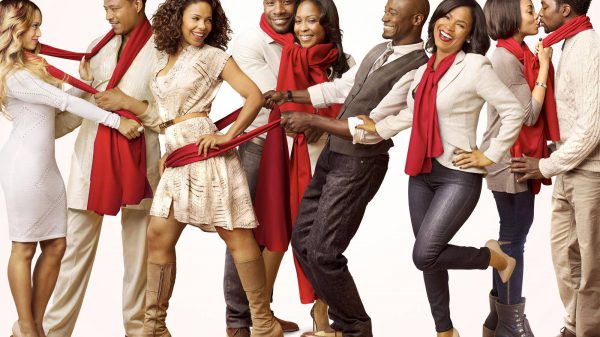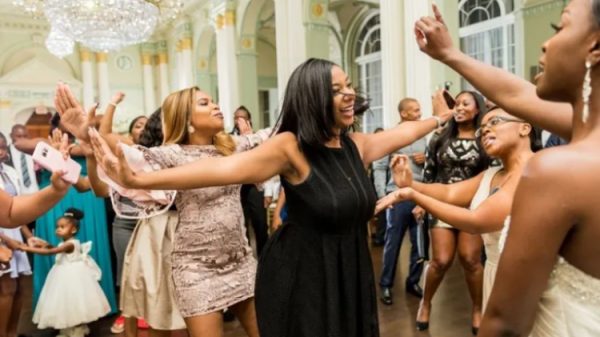Workers from ethnic minority backgrounds are more likely to work in the hospitality sector and earn less than their white counterparts in those jobs, according to research.
Restaurants and hotels have come under strain as a result of lockdowns this year as businesses have been forced to shed jobs or furlough staff.
A report by the Resolution Foundation, a think tank, found that 1 in 12 workers from black, Asian and minority ethnic (BAME) backgrounds work in the hospitality sector, compared with 1 in 20 white British workers. Overall, 300,000 people from BAME backgrounds work in hospitality.
Researchers found that the average age of ethnic minority workers in the hospitality sector is higher than that of white workers. More than a third of those who work in hospitality are aged 16 to 24 but BAME workers tend to be older. The typical age of a Bangladeshi worker, for example, is 42. By comparison, the average age of a white British worker in the hospitality sector is 28.
Nye Cominetti, senior economist at the Resolution Foundation, said the pandemic was having a “huge impact” on the living standards of ethnic minority workers in the hospitality sector. “But it is not just the pandemic that is affecting the pay of BAME workers in hospitality,” he added. “They also experience significant pay penalties relative to white British workers in a sector that already has very low levels of pay.”
Workers in the hospitality sector are paid an average hourly wage of £8.72 but researchers found that those from ethnic minority backgrounds also suffer pay gaps — taking into account age, qualifications, experience and the kinds of jobs they do — relative to white British workers. Men from minority backgrounds, for example, face a 7 per cent pay penalty compared with white British men, equivalent to 65p an hour.
The report said: “As workers from BAME backgrounds are disproportionately likely to work in hospitality, a significant number . . . risk moving into unemployment when the furlough scheme ends.”

































































